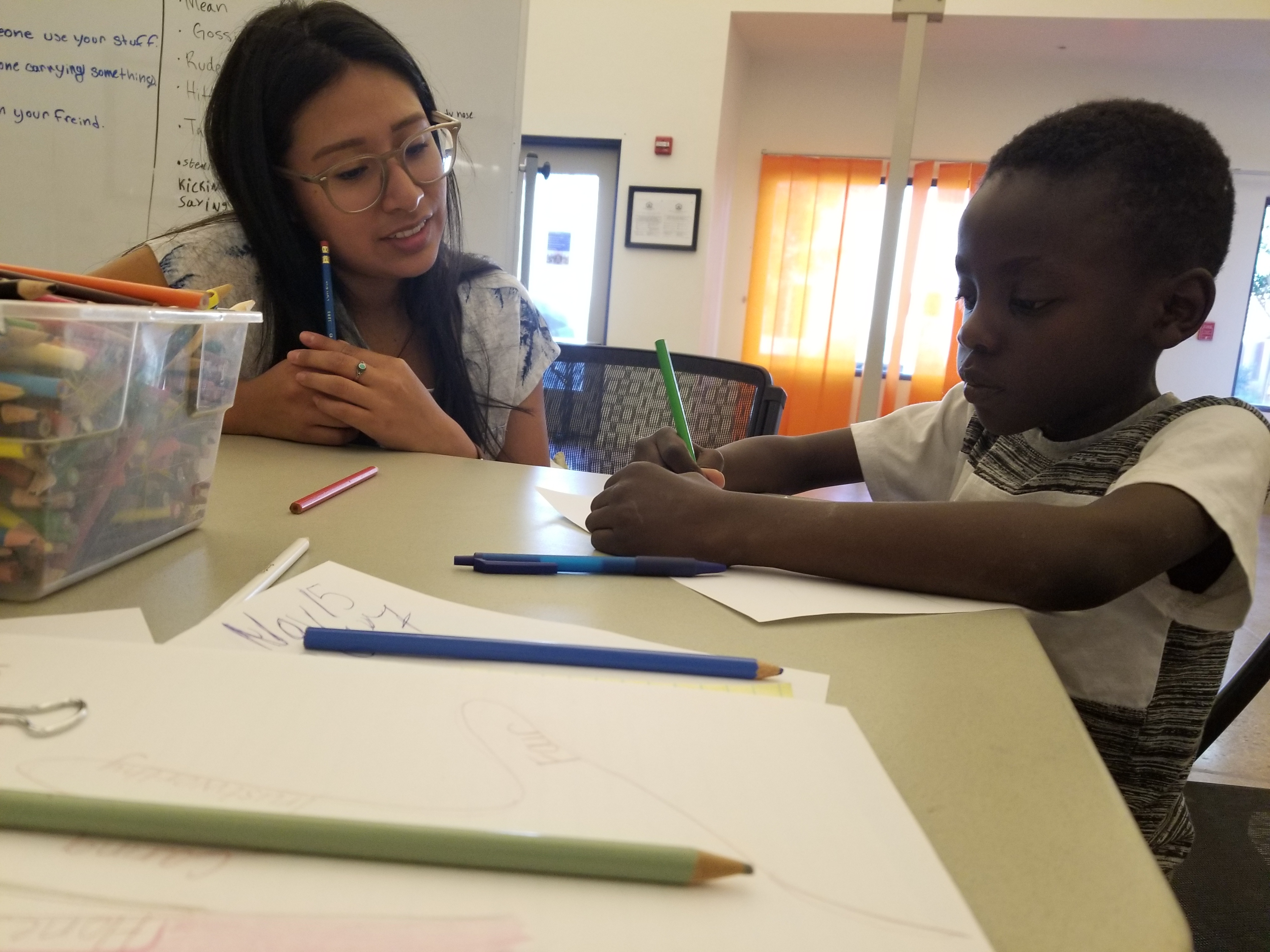
The faculty and staff are dedicated to training the next generation of researchers and public health professionals ranging from high school to doctoral students. Students have worked in many capacities with research studies including volunteer, intern, and paid positions. Below is a course list which may allow you to earn academic credit for your research experience. If you are interested in visiting or rotating through our lab, please fill out our Contact Us form.
Nutritional Science
NSC 391 & Honors – Preceptorship - Specialized work on an individual basis, consisting of instruction and practice in actual service in a department, program, or discipline. Teaching formats may include seminars, in-depth studies, laboratory work and patient study. (Alternative BMISR
Body Comp Labgrades)
Unit(s): Credit Varies
Prerequisite(s): None
Term Offered: Fall │Spring │Summer
NSC 392 – Directed Research - Individual or small group research under the guidance of faculty. This option is more structured and goal oriented than research under independent study. (Regular grades)
Unit(s): Credit Varies
Prerequisite(s): None
Term Offered: Fall │Spring │Summer
NSC 393 & Honors – Internship - Specialized work on an individual basis, consisting of training and practice in actual service in a technical, business, or governmental establishment. (Alternative grades)
Unit(s): Credit Varies
Prerequisite(s): None
Term Offered: Fall │Spring │Summer
NSC 395A – Experiential Learning in Nutritional Sciences - This course offers an organized volunteer and work opportunity with oversight by the department and a classroom component.
Unit(s): 2
Prerequisite(s): NSC 170C1 or NSC 101
Term Offered: Fall │Spring
NSC 399 & Honors – Independent Study - Qualified students working on an individual basis with professors who have agreed to supervise such work. (Alternative grades)
Unit(s): Credit Varies
Prerequisite(s): None
Term Offered: Fall │ Spring │ Summer
Public Health
The public health internship is one of the most exciting components of the public health major! This is a chance for you to start narrowing down what you want to do when you graduate, gain experience and start networking.
There are two types of public health internships for credit:
1. HPS 493A - This is the 6 unit/250 contact hour required internship course.
2. HPS 493B - For upper division elective credit. This internship can be completed for 3 or 6 units.
HPS 497/597E – Public Health for Community Wellness
This service-based learning course is designed to prepare undergraduate and graduate students to develop skills in lifestyle and wellness including assessment of lifestyle behaviors with an emphasis on diet and physical activity, development of wellness-related programming and curriculum and delivery of healthy lifestyle related programs to the public. Emphasis will be placed on service to diverse, lower SES communities.
Students will gain a thorough introduction to the City of South Tucson, a 1-square mile community with a majority Latino population. Course instructors will collaborate with community leaders and city planners to present a holistic view of public health goals and challenges within the community. Students will gain valuable insights into community wellness, as well as have the opportunity to build relationships, generate shared ideas and health education materials/programming for community wellness in support of possible internships and/or volunteer opportunities.
Dietary habits and physical inactivity are thought to be primary causal factors in obesity. Obesity is also a primary risk factor for several chronic diseases including diabetes, cancer, cardiovascular disease, and hypertension. In order to intervene on risk at the individual and population levels public health professionals must develop a working knowledge of the appropriate tools and methodologies to evaluate lifestyle-related behaviors as well as identify quality programs, curriculum and resources to effectively intervene. This course will provide students with the necessary skills and knowledge to deliver and evaluate lifestyle /wellness information and programming to the public and includes a service delivery requirement. The course integrates on-line learning modules with community-based activities.


